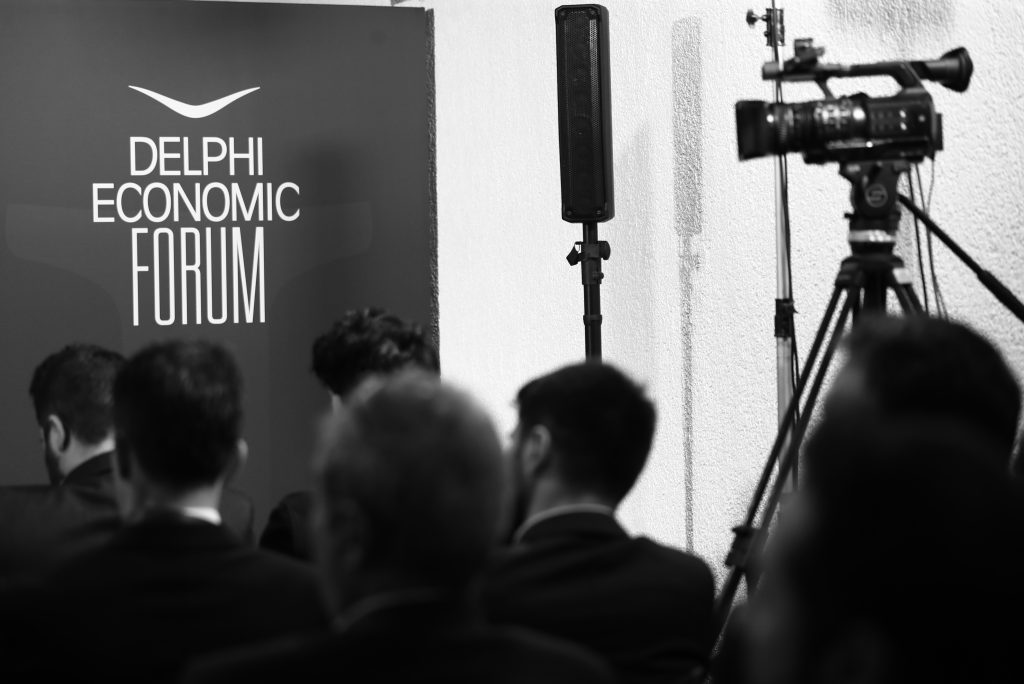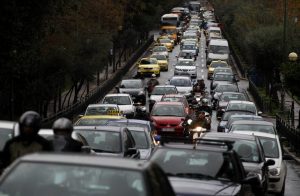The start of 2024 finds us with two wars underway, any number of more or less frozen conflicts, at least two to three failed states in the neighbourhood, and a tsunami of elections on the way around the world—in the United States, the European Union, Japan, India—whose democratic legitimacy is entirely commensurate with the instability and ambiguity they would generate. Old alliances are reforming, new groupings are coming into being, our world is changing. We are too close to events to make out the direction they are taking, but the sense of movement is clear and powerful.
It is easy to make out the lines of demarcation that divide up our world. Our European family inhabits a privileged space in which peace reigns still, but we are on the edge of a parallel universe that is being torn apart by war. The flames of the brutal conflict in Gaza are being fanned by the total inability of all the parties involved to come up with a viable solution to the Palestinian problem, while in Syria, Lebanon and closer to home in Libya, the state structures remain in ruins. Just beyond lies a world of wealthy authoritarianism—in Iran and the Gulf states, in China—and desperate, devastated millions from Yemen to sub-Saharan Africa, who sink into fanaticism while trying to escape through migration. Population movements have always been a crucial feature in human history. But the toxicity with which migratory flows are addressed in rich and stable Europe highlights the insecurities of all of us who consider the prosperity and social cohesion we have enjoyed over the last three generations to be our birthright, and yet know full well that our ageing societies cannot remain viable without our stepping outside our oh so cosy comfort zone.
The desires, perspectives and views of the Global South in all its multi-coloured cacophony are far from our own belief in a secure world founded upon the principles and rules of international law we have put in place in the aftermath of the devastating wars of the 20th century and once thought indestructible. The reactions to the ongoing tragedy in Ukraine are a case in point. Russia’s attack on an independent state is a brutal violation of the cornerstone obligation not to use force, and therefore constitutes a direct challenge to the common rules on which the international system is founded and based. For the rest of the planet, however, the war is just an intra-European conflict, which should end as soon as possible, when both sides quit their childish posturing. The absolute and deafening absence of the UN and all the multilateral institutions which, until recently, provided the reference point where consensus limited state power in a dynamic counterpoise of collective action to unilateralism, are equally typical.
And it is here, perhaps, that the secret of the coming year—the coming era—lies. In the bipolar world of old, the two sides were clearly defined with a vertical line demarcating their economies, societies and approach to security: one was either with the West or with the Eastern bloc, and the few states in the middle were all gravitating towards one pole or the other. The clarity of this absolute division made the system very stable indeed. Our own multipolar world is one of overlapping horizontal divisions, in which a democracy can rely on authoritarian China economically, but may well seek Western cover for its security. The inherent structural instability is aggravated by the impermanence of our new, temporary partnerships. This volatility is also reflected in the effort to coalesce into new groupings like the BRICS, but the absence of a centre of gravity and the cohesion that comes with common policies is still very much in evidence. And all of this while the planet is changing dramatically as a direct result of the climate crisis, and the Anthropocene is being tested by one of its own products: artificial intelligence.
Five, fifteen, twenty years from now, when the dust has settled and a new order slightly or very different from our own has emerged, we will be able to look back and easily identify the decisive events of the new era. Until then, let us make it through 2024 happy and joyful.
*Maria Gavouneli is Professor, Faculty of Law at the National & Kapodistrian University of Athens and Director General at ELIAMEP
This article is part of the annual Special Edition “ELIAMEP Outlook – Predictions for 2024”, where ELIAMEP’s leading analysts and associates share their predictions for the year ahead. They assess the main challenges, trends, risks, potential opportunities and inflection points of 2024 for Greece, Europe, the Mediterranean and the world.



